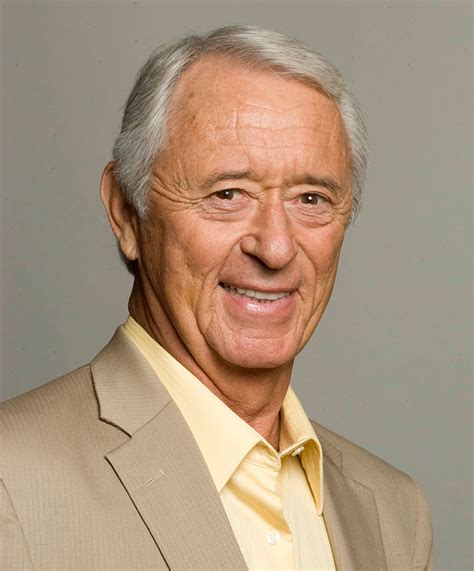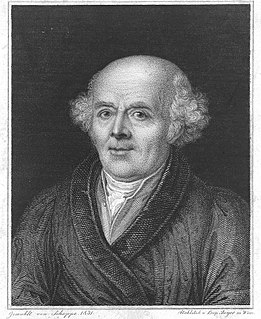A Quote by Immanuel Kant
Physicians think they are doing something for you by labeling what you have as a disease
Related Quotes
One of the most basic and pervasive social processes is the sorting and labeling of things, activities, and people... Sorting and labeling processes involve a trade-off of costs and benefits. In general, the more finely the sorting is done, the greater the benefits - and the costs... Sorting and labeling, whether of people or of things, is a sorting and labeling of probabilities rather than of certainties.
It does say something about a society when those who sue physicians and hospitals make as much or more money than those who heal disease. It says something about a society when it glorifies and rewards those who litigate while it demonizes and punishes those who produce the drugs and devices that keep it citizens alive and well.
When a physician is called to a patient, he should decide on the diagnosis, then the prognosis, and then the treatment. ... Physicians must know the evolution of the disease, its duration and gravity in order to predict its course and outcome. Here statistics intervene to guide physicians, by teaching them the proportion of mortal cases, and if observation has also shown that the successful and unsuccessful cases can be recognized by certain signs, then the prognosis is more certain.
Go back to the '30s, '40s, '50s, and it was the discovery of heroic interventions, the ability to cure people with penicillin or do an operation to stop disease that was what saved the day. Primary care physicians couldn't do all that much that really demonstrated a difference. The people who control and work with you to control your blood pressure, they're not rewarded for doing that or to be innovative about doing that. So, the result is half of Americans have uncontrolled high blood pressure, despite seeing clinicians.
People still think of AIDS as a shame-based disease, it's a sexually transmitted disease, and you're either gay or you're a prostitute or an intravenous drug user. And so a lot of people are still very bigoted about this disease. It's such a treatable disease. It's so - the end is in sight for this disease, medically.
The orthodox school has witnessed for centuries that nature itself has never once cured any existing disease with another dissimilar one, however intense. What must we think of this school, which nevertheless has continued to treat chronic diseases allopathically, with medicines and formulas that can only cause a disease condition -God knows which -dissimilar to the one being treated? Even if these physicians have not hitherto observed nature attentively enough, the miserable results of their treatment should have taught them that they were on the wrong road.







































